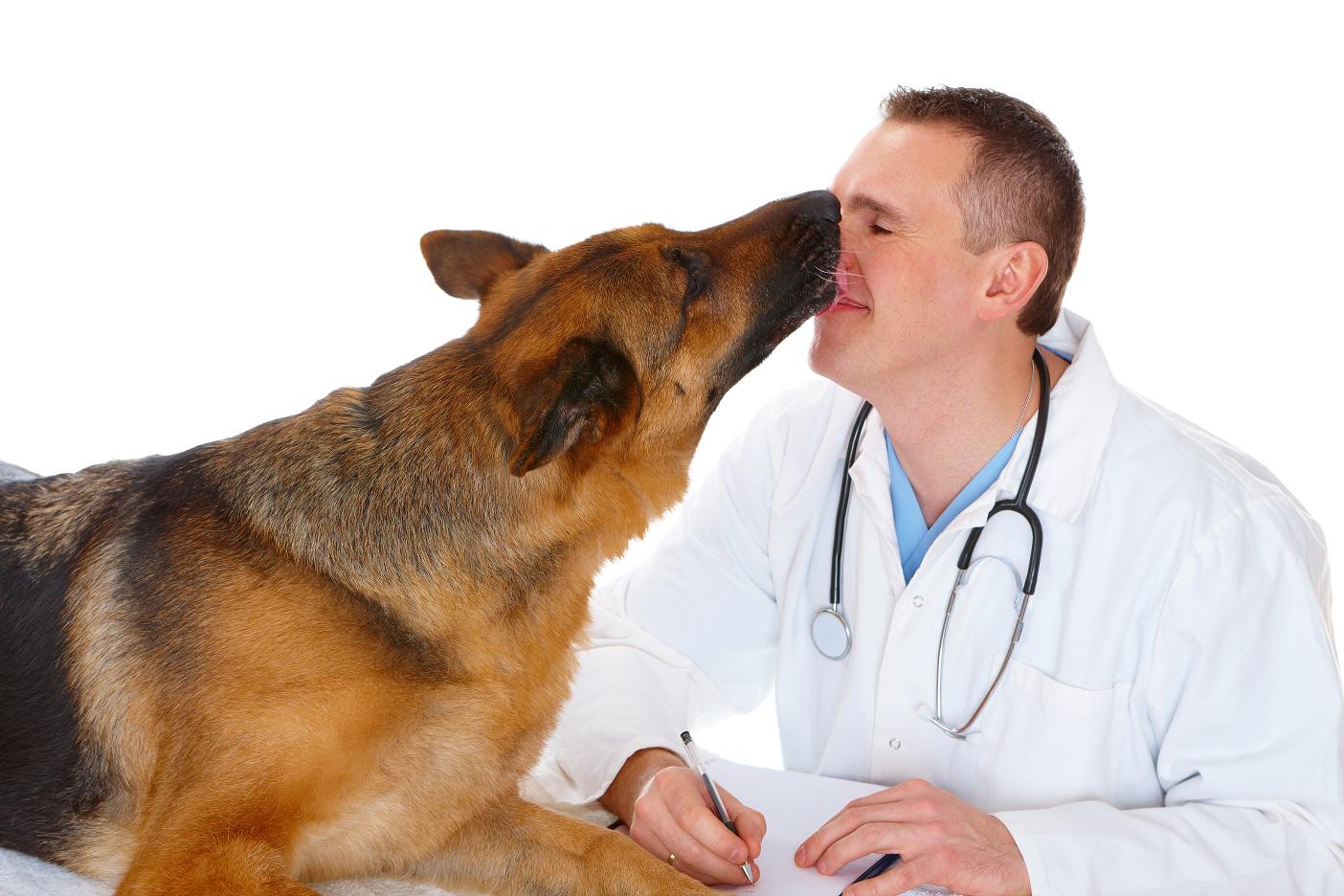It can be devastating to hear the diagnosis that your dog has diabetes. You may be wondering if they will be able to live a normal, happy life; and whether caring for them will be a tremendous or difficult responsibility. Red on to inform yourself about what your dog is going through and how you can help out.
What Causes Diabetes In Dogs?
Diabetes in dogs typically results from auto-immune destruction to beta cells in the pancreas, which consequently prevents insulin production. This insulin-dependent diabetes is commonly referred to as Type 1 diabetes in humans. Other causes, such as genetic predispositions, drug-induced diabetes, and diabetes secondary to pancreatitis are much less common in dogs.
Insulin-dependent diabetes cannot be prevented and can occur in any breed of dog at any age. That being said, diabetes tends to occur in dogs between six and nine years old. Moreover a genetic predisposition for diabetes mellitus is more common in German Shepherds, Schnauzers, Beagles and Poodles; while Golden Retrievers and Keeshonds are more prone to juvenile diabetes.
While obesity is considered the cause of Type 2 diabetes (when the body resists any insulin produced) in humans and cats, this form of diabetes is not prevalent in dogs. However, it is important for your dog to be of a healthy weight during diabetes treatment, as this may affect their response to insulin injections.
What Are The Symptoms Of Diabetes?
Indicators of diabetes in your dog include an increase in water consumption, an increase in volume and frequency of urination, and weight loss even with a good appetite. However, some dogs with untreated diabetes can also present inappetence (decreased or lack or appetite), vomiting, diarrhoea or lethargy.
Because a lack of insulin prevents glucose from reaching bodily cells, if diabetes is left untreated, the body will essentially be in a state of starvation. As a result, it will start to break down fats as well as protein and carbohydrates. The breakdown of fats produces ketones – which can make dogs very sick to the point of intense hospitalisation if they build up.
For your vet to test for diabetes in your dog, generally only a blood glucose test and a urine glucose test are sufficient. Then you will be able to being treatment.
What Diet or Treatment Is Necessary To Keep Your Dog Healthy?
Treatment for diabetes in dogs involves the administration of insulin. To be able to give the treatment, owners need to learn how to give injections with a very small needle from a vet or technician.
Most diets formulated for diabetes are high in fibre and complex carbohydrates, as this has been shown to help with fluctuations in glucose through the day. This diet also helps with maintaining a healthy weight in many dogs. Diets higher in simple sugars, such as semi-moist foods, are not recommended.
How well a dog responds to diabetes treatment will determine how often they have to visit the vet. Most dogs respond well and can be rechecked every four-six months; others may have additional conditions or are more resistant to treatment, so will require more frequent visits.
If diabetes is well controlled, dogs can live a happy, healthy life. However, they are more susceptible to infections and if other problems arise, treatment may become more difficult.
Diabetes in Dogs: Causes, Symptoms & Treatment



